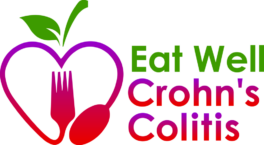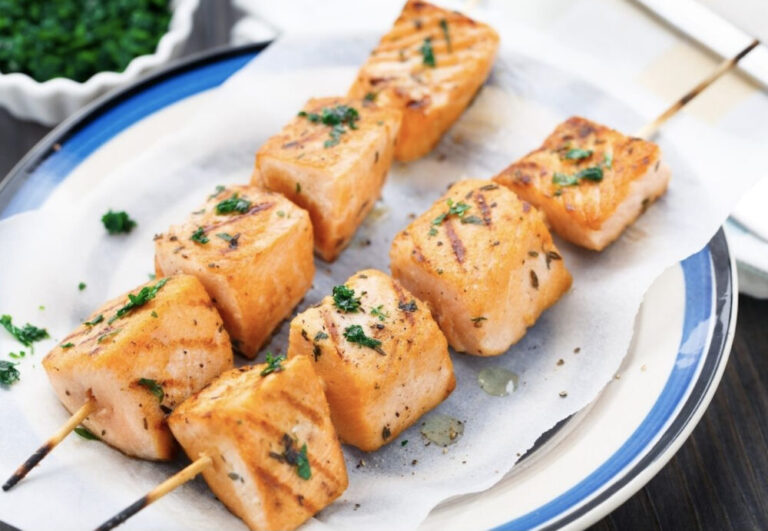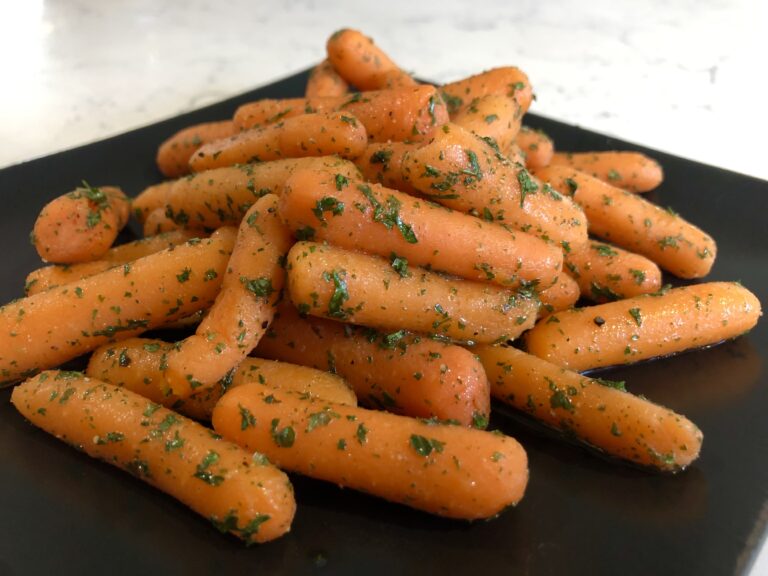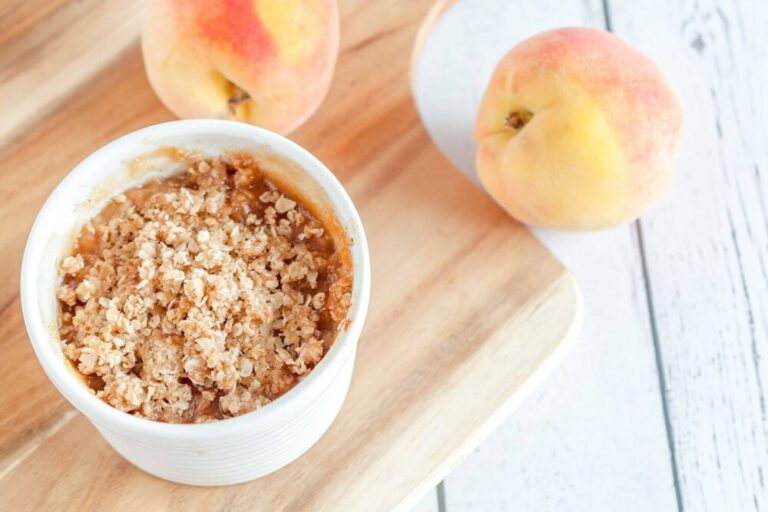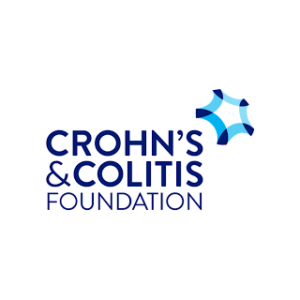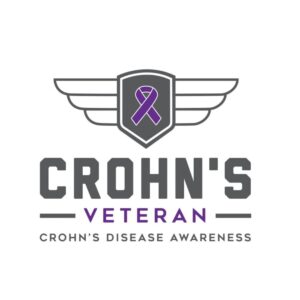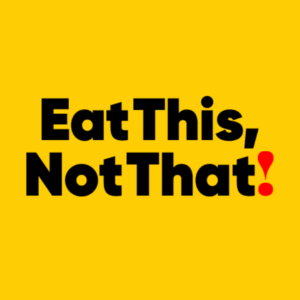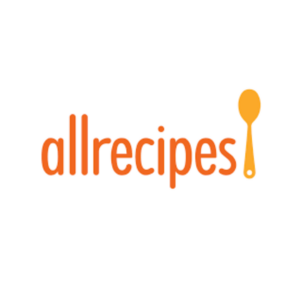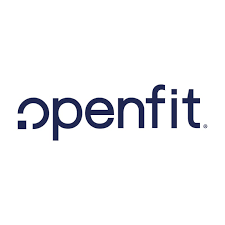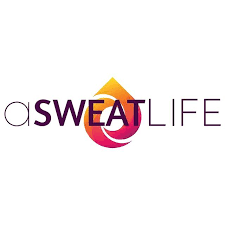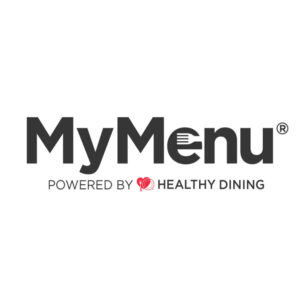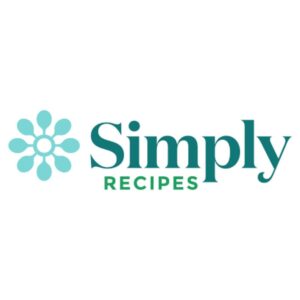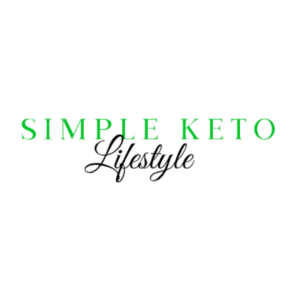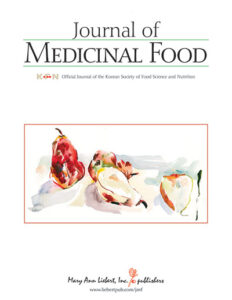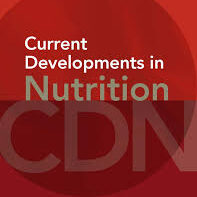Mango Nice Cream
Danielle Gaffen, MS, RDN, LD
- Last Updated
Are you looking for a sweet treat with just two ingredients? This simple, non-dairy mango ice cream takes less than 5 minutes to prepare. Eat it plain or add your favorite toppings.
Check out the nutritional benefits of the ingredients used in this recipe:
Nutritional Benefits at a Glance:
Mango:
Mango is particularly high in vitamin C, which aids in immunity, iron absorption, and growth and repair. It’s also a good source of folate and several B vitamins, as well as vitamins A, C, E, and K (which help boost immunity).
Additionally, mango is high in anti-inflammatory antioxidants, containing over a dozen different types of polyphenols.
Oat Milk:
Oat milk, especially when fortified, is a rich source of nutrients. Most commercial oat milk is fortified with vitamins A, D, B2, and B12, as well as various minerals like calcium.
However please note that oat milk has more calories and carbs than other plant-based milks like almond or soy. Additionally, oat milk has less protein than soy or cow milk.
My husband with Crohn’s disease requested I use oat milk for this recipe due to its creaminess, but you could use whichever variety of milk that sounds best to you. Some other creamy non-dairy milk suggestions to consider are coconut or cashew milk.
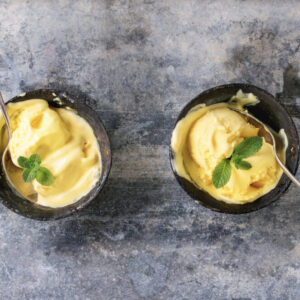
Mango Nice Cream
Danielle Gaffen, MS, RDN, LDIngredients
- 4 cups frozen mango
- 2 cups oat milk or your favorite non-dairy milk like: coconut, cashew, or almond milk.
Instructions
- Blend mango and oat milk in a blender or food processor until smooth.
- Transfer mango puree into popsicle molds, individual paper containers, a baking pan, or insulated tub.
- Freeze for 4-6 hours.
- Serve and enjoy!
